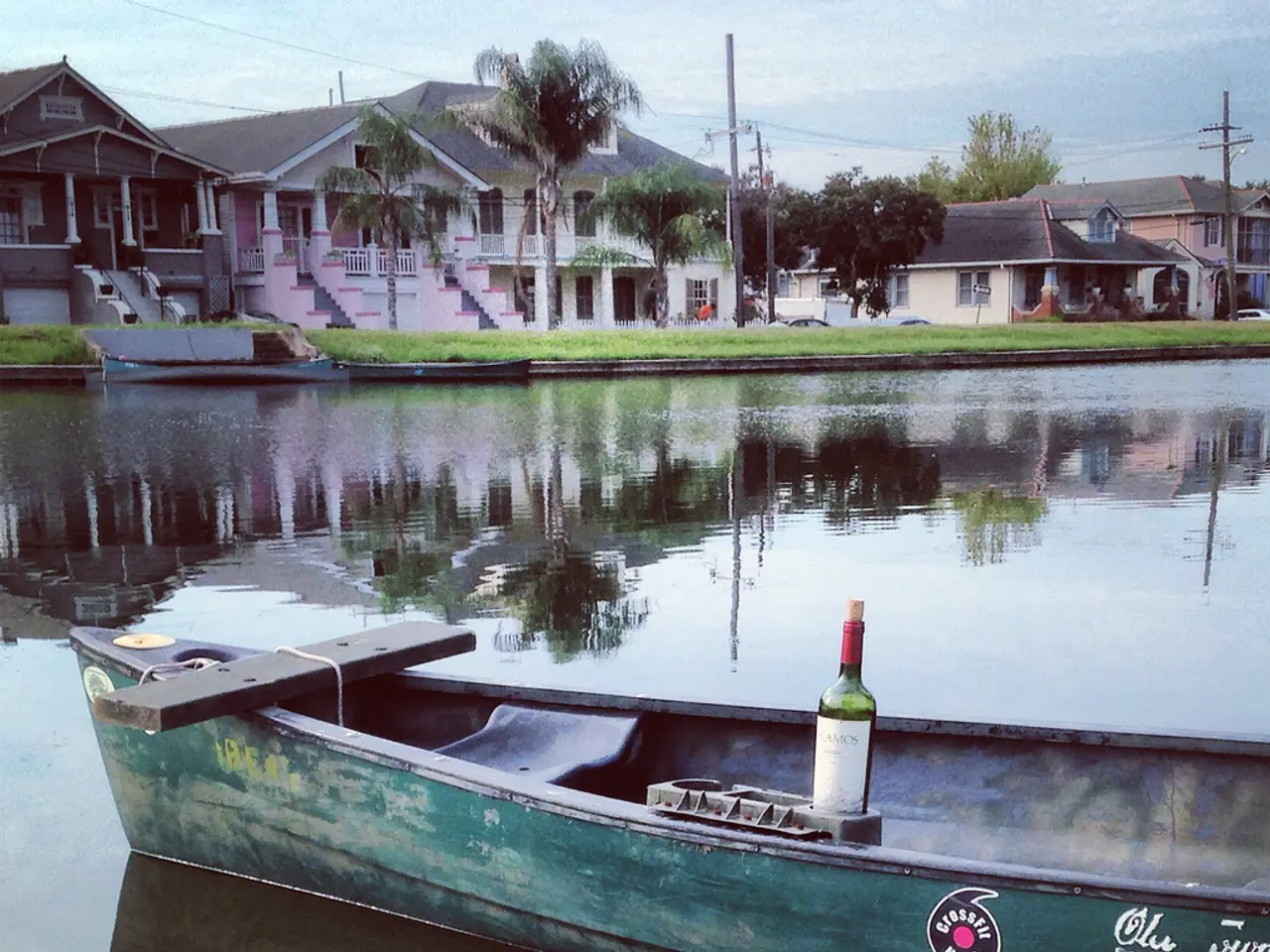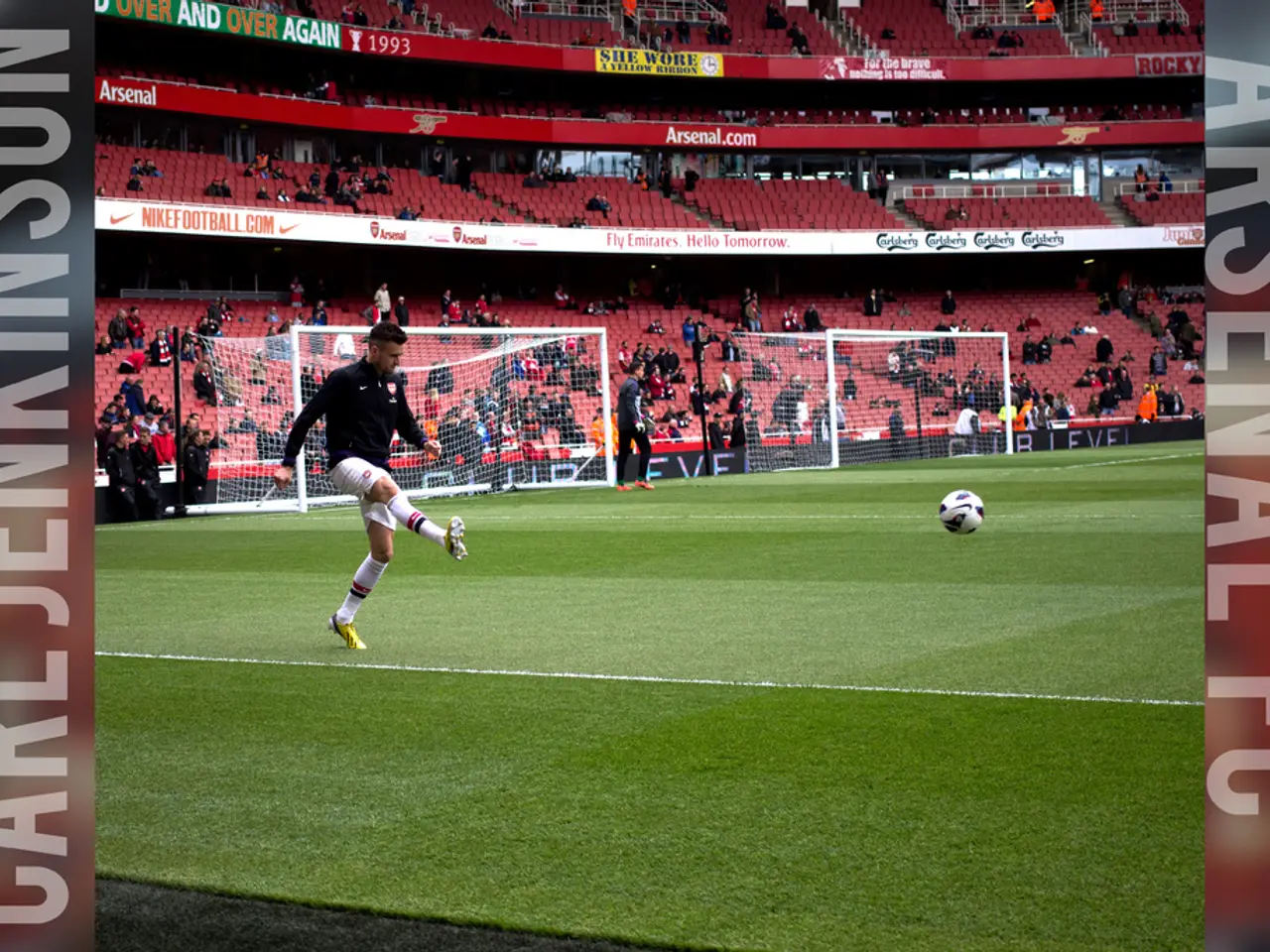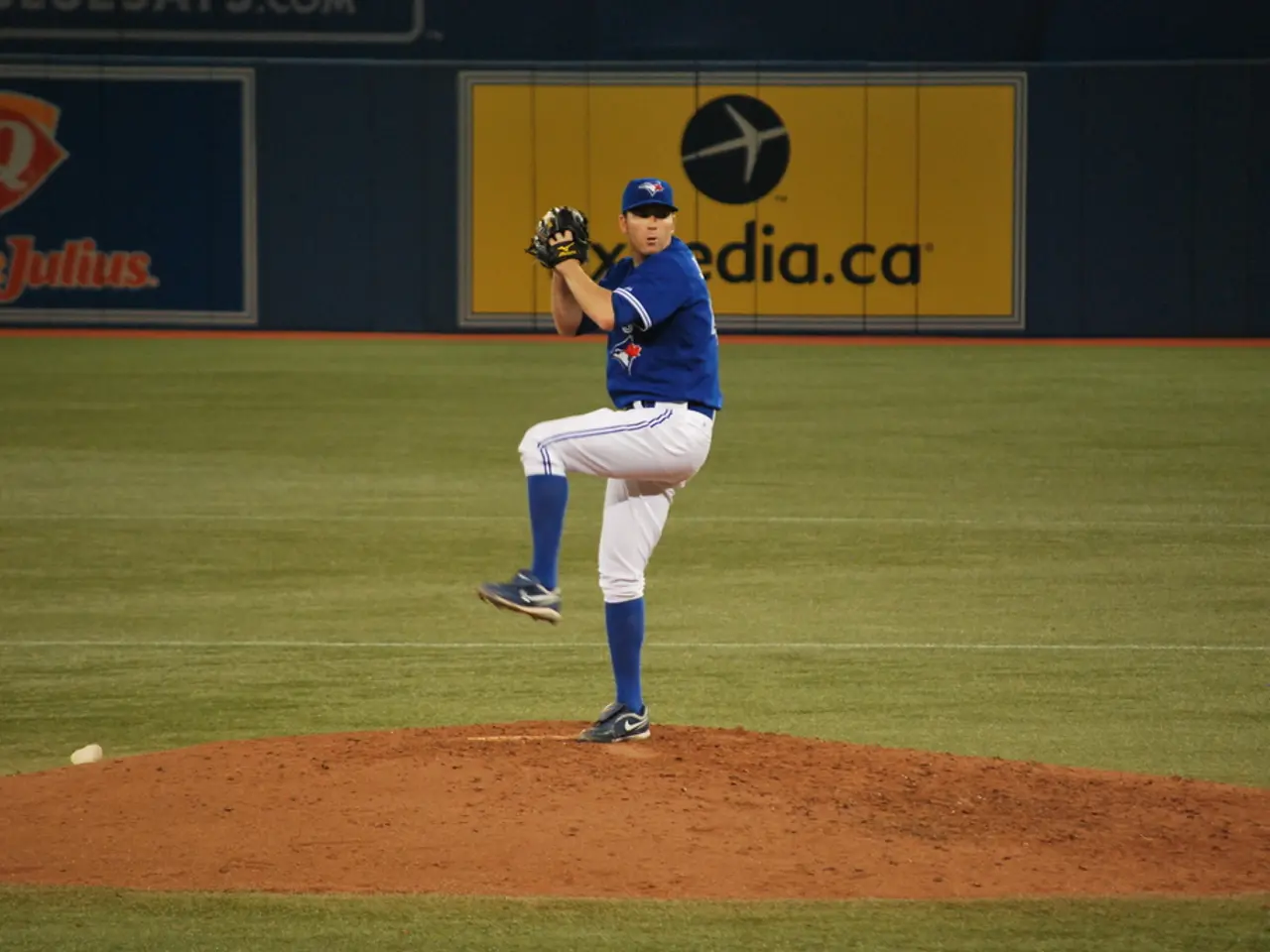The FDP Gains Limited Recognition in Mecklenburg-Vorpommern's Landtag
- The Legislative Assembly determines the party standing of the FDP within the Legislative Assembly.
In a rare move, the Landtag of Mecklenburg-Vorpommern has acknowledged the Free Democratic Party (FDP) as a group, albeit with curtailed privileges. This decision came after the votes of the SPD, Linke, and independent deputies, putting the FDP politicians in a new, restricted category within the state's parliament.
The Landtag, located in Schwerin, follows the application of the trio of FDP representatives, René Domke, David Wulff, and Barbara Becker-Hornickel, to become recognized as a group in the Landtag. However, this limited status isn't the full deal—compared to traditional parliamentary groups, they will face restrictions in resources, committees, and voting rights until the next parliamentary election in autumn 2026.
The state's constitution requires at least four deputies for a parliamentary faction, which the FDP fell short of following the departure of two members. As a result, the party doesn't hold the full set of rights and duties typical for parliamentary groups. Meanwhile, the AfD, CDU, and Greens contest the special regulation, relying on the state constitution and the Landtag's rules of procedure, which don't seem to provide for group status.
In the realm of parliamentary politics, this limited FDP recognition represents a unique situation. Typically, parliamentary groups (Fraktionen) are formal entities requiring a substantial number of members in most state parliaments. Groups that fall short of this requirement but still possess multiple members may receive a lesser status, often called a "non-full" group or a group with restricted rights. These groups retain some privileges but are faced with limitations in access to resources, committee participation, speaking time, and agenda-setting.
The FDP's new status allows them to maintain political visibility and a formal presence in parliament. However, it also implies decreased influence on legislative processes, constrained by reduced funding and staff support. Given the strategic position this arrangement puts them in, the FDP may seek to bolster their membership to regain full parliamentary group status, thereby enhancing their parliamentary leverage.
The Commission, with its expertise in policy-and-legislation, might be consulted on the draft budget for the period 2000-06, considering the unique situation of the FDP in the Landtag, whose politics has led to their limited recognition and the subsequent impact on their legislative influence. This general news development could spark intriguing debates and discussions on the nature of parliamentary politics and the balance between political parties' visibility and actual power.







